|
|
|
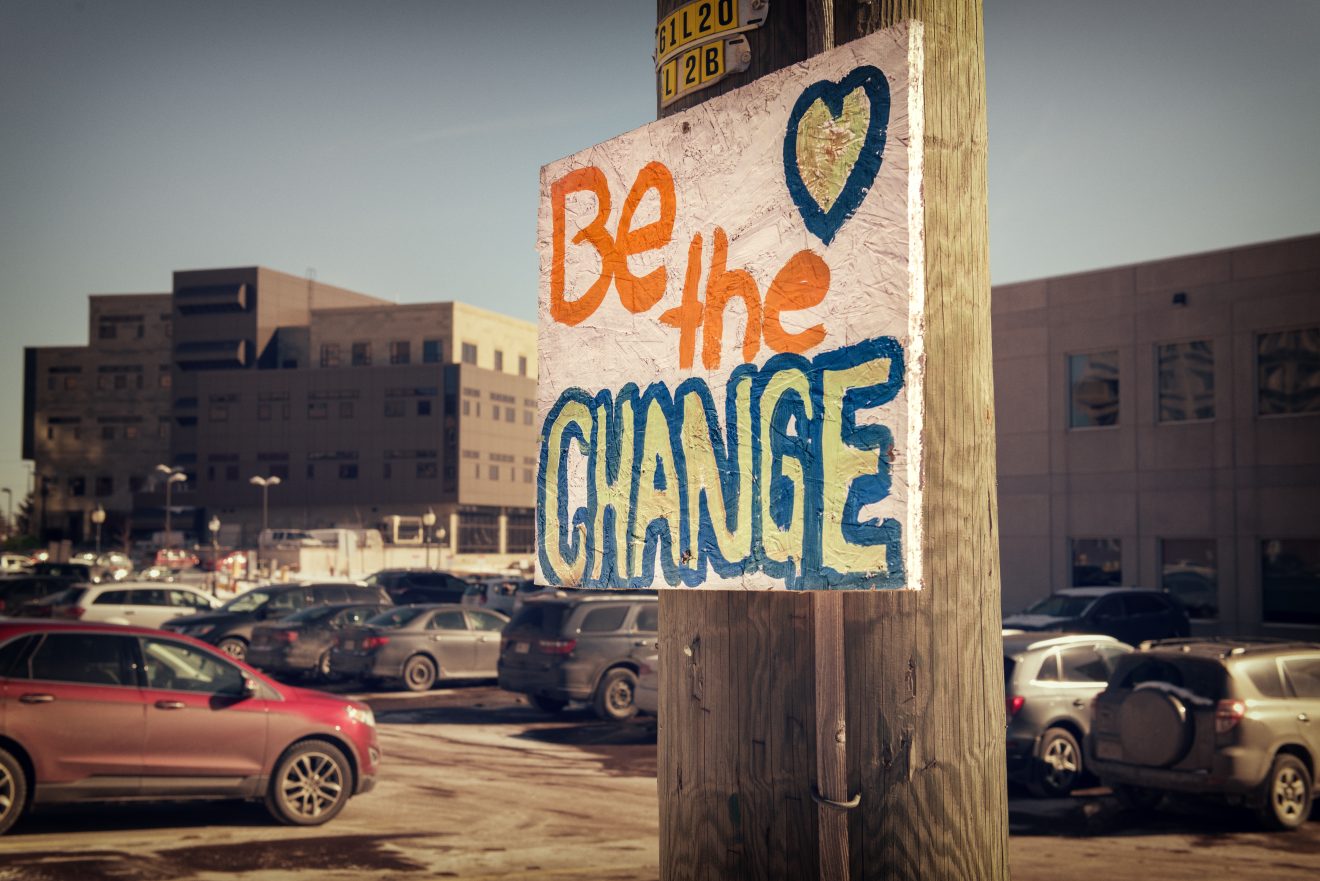
|
Welcome to Week 83 of Be the Change
For obvious reasons, this week's newsletter focuses on preserving democracy. As always, I also share poetry.
|
|
|
|
|
|
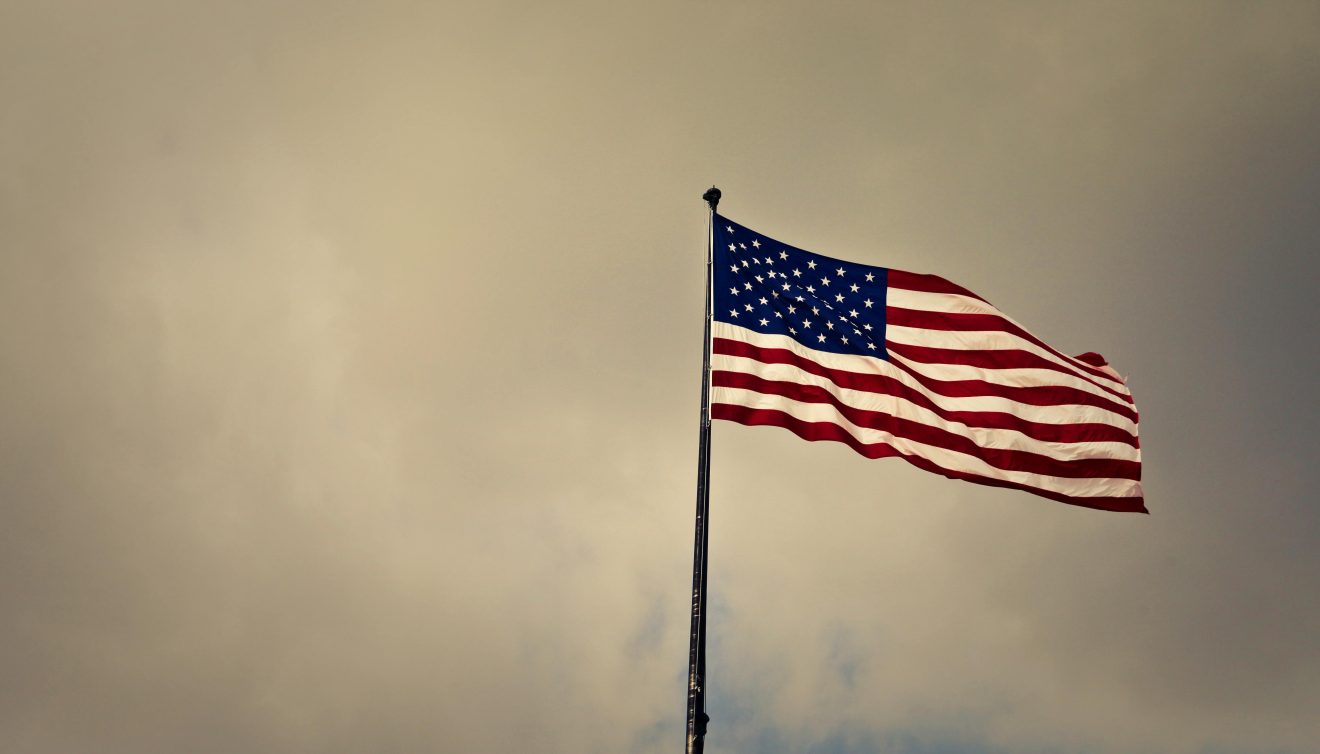
|
|
|
- Protect your privacy. Living your life free from the prying eyes of government and corporations is essential to a healthy democracy: self-censorship--the fear that we must be careful what we say, lest it be seen and used against us--is the first step to full censorship. In a world driven by algorithms and surveillance capitalism, safeguarding our data, our movements, and our thoughts is more important than ever. Use the free, encrypted messaging app Signal in lieu of WhatsApp, Telegram, Facebook chat, and other, less secure methods. Switch to a less data-hungry browser like Brave and its search engine, or DuckDuckGo. Make use of a Virtual Private Network. Turn off Location Services on your mobile device. Encrypt your devices (Apple, PC, Android). Use a password vault like Dashlane and two-factor authentication (code generators like Duo Mobile are better than text message, and a security key is the best bet; I use Yubico). Switch from Google to secure email, like ProtonMail, and generally limit what sensitive information you share on any platform owned by a large corporation. Enable the strictest privacy settings on social media. Enable Lockdown Mode on any Apple device you own. Switch from Google Maps to Apple Maps. Buy and use a cheap paper shredder for any documents with financial, health, or other sensitive information. Yes, some of these approaches are a little less convenient--the Google ecosystem is ubiquitous and easy to use--but the slight degradation in functionality is worth the dramatic reduction in the harvesting of your data for resale to corporations and governments. It also protects you against hacking, surveillance, and other violations of your privacy and your rights. If you do not protect your privacy, taking action to protect democracy puts you at greater risk.
- Spend your money wisely. When the Washington Post decided not to endorse anyone for president, it was because Jeff Bezos, who owns the venerable paper, intervened: he did not want to offend Trump in case he won. Every time you shop on Amazon, you make him richer. Buy books from Bookshop.org, your local bookstore, or better yet, borrow one from your library. Buy used, buy local, or don't buy at all. To the extent possible, shift your money from existing power structures--from big-box stores to mom-and-pop stores, from chain restaurants to local ones, etc. In fact, one of the most consequential decisions you can make with respect to climate change is to pull your deposits out of a bank that finances fossil fuels, and into one that doesn't; this almost always means closing an account with a big bank and opening an account with a smaller bank or a credit union. (Bill McKibben deftly described the climate impact of bank deposits in The New Yorker; I also wrote about this in 2021.) Donate to causes that matter to you; donate to political and grassroots organizing year-round, every year, and not just a few months before a presidential election. Subscribe to your local paper.
- Spend your time wisely. Doomscrolling online does not preserve democracy. Neither does yelling on social media, getting into political arguments, reading op-eds, or listening to podcasts. Our rage and desire for distraction is monetized by big business and leveraged by the opponents of democracy to overwhelm us. It has never been more important to read novels, nonfiction, and poetry; to go outside, find joy in other people, listen to music, and make and experience art. These are the things we can do to avoid despair, which is what the enemies of democracy want: the feeling of inevitability, defeatism. But that's not enough. Run for office. Volunteer. Write op-eds in your local paper. Learn the name of your elected officials--city council, state rep and senator, U.S. rep and senator--and contact them regularly. March and protest. Organize.
- Pick your battles wisely. The enemies of democracy attempt to overwhelm us with despicableness, with an unending stream of norm-breaking words and deeds. Not every outrage warrants a response. Pick those red-lines that matter to you--maybe it's mass deportations, or a curtailment of free speech--and have an action plan at the ready. Street protests, boycotts, and strikes are powerful tools, but only if wielded at the right time, by the right people, in the right manner. Study successful protest movements--think Civil Rights Movement, not Occupy Wall Street, which, in the end, yielded no tangible change--and craft your strategy around that. Connect with groups that commit to nonviolence and that are interested in results, not performance. The time to respond is not when the red-line is crossed, but in advance, so that you are never taken by surprise. Timothy Snyder calls this being "calm when the unthinkable arrives." Preparation for action allows for calm and resolve.
- Play the long game. The enemies of democracy don't take action every four years, nor do they only think about the next election cycle or congressional vote. They establish think tanks, regular retreats, nonprofits, endowed positions at elite universities; they understand the levers of power and what it will take to be in a position to pull them. In Dark Money: The hidden History of the Billionaires Behind the Rise of the Radical Right, Jane Meyer describes how people like the Koch Brothers and Leonard Leo have spent decades building the infrastructure to take over the courts, state legislatures, the press, and more to ensure that their ideology is expressed and enforced through the law. Preserving democracy means thinking, today, about the 2030 census and redistricting. It means thinking about what the Supreme Court will look like in the coming decades. It means nurturing democracy-loving candidates who today are running for city council, tomorrow for state rep, and in a decade, president. Democracy is never won or lost. To quote that great hero of civil rights, John Lewis, “Democracy is not a state; it is an act. It is not some enchanted garden perched high on a distant plateau where we can finally sit down and rest. Freedom is the continuous action we all must take, and each generation must do its part to create an even more fair, more just society."
|
In the broad sweep of history, there have been many dark moments: England, after the fall of France and the rest of the Europe, battling on against Nazi Germany; the Union Army after the Battle of Second Bull Run; the entire world during the Cuban Missile Crisis. We may be in one such moment, but it is no more permanent than a hurricane or, more aptly, a manmade disaster. So long as we have voices and limbs, minds and morals, there is hope. Let's get to it!
|
|
|
|
|
|
|
|
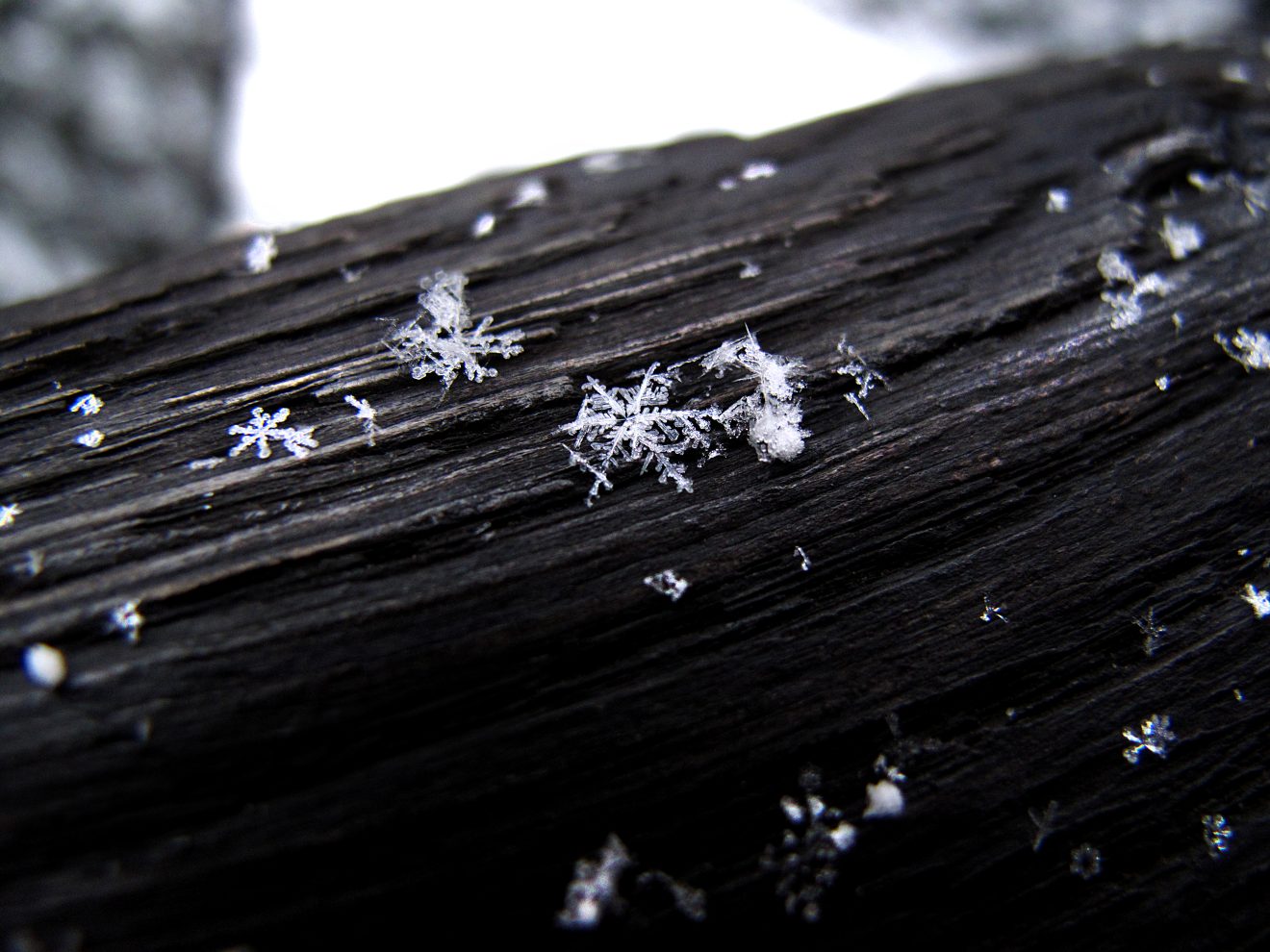
|
|
|
At seventy-eight and eighty-one, Mom and Dad
are still going strong. Halfway between twelve and thirteen,
Chance, our Beagle, is still going strong. Civilization,
at roughly seven-thousand years old, is still going strong.
In my dreams an asteroid is due to collide with America;
I announce, like a bored clerk at the DMV, that it’s four-thirty
and the sun is still going strong. Morning hits me like a slap in the face.
On the TV, a reporter predicts nationwide winter storms, snow and ice
and rain making travel treacherous. Stranded or delayed, our plans
are unchanged, for despite the carnage, the rubble, and the brutal cold,
life on Earth is going strong.
|
|
|
|
|
|
|
|
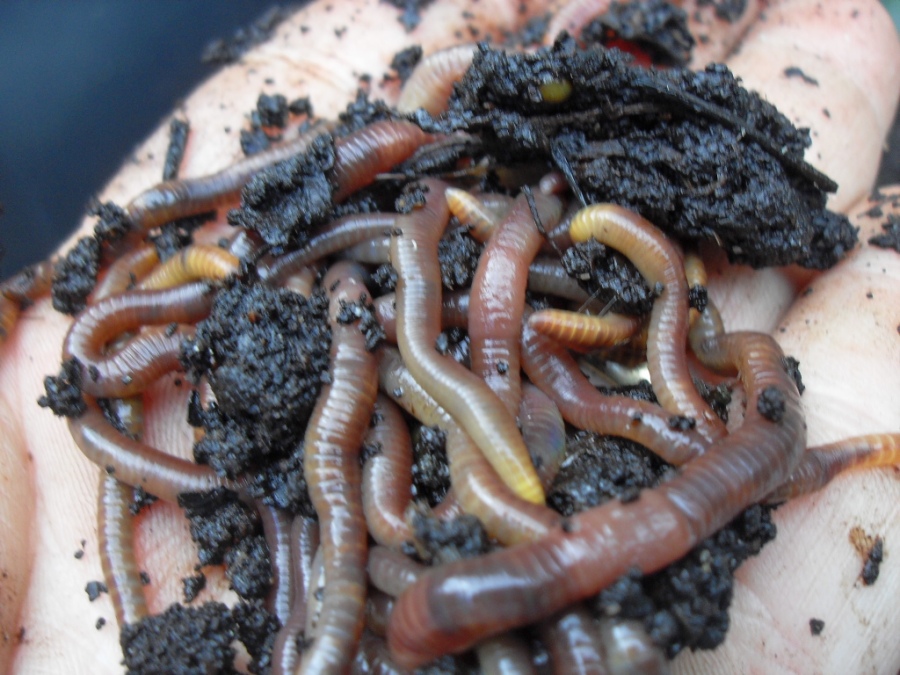
|
|
|
The first time I was called a poet, I took offense:
for poetry is good for nothing: it neither makes love
nor wages war, nor pays the bills. Poetry is a fossil record,
is the hope that elegizing a shadow will re-animate
the object that casts it; and poets are archeologists
who spend a lifetime scribbling in the soil because worms
are sacred and reviled. Poetry is a child in bed, the lights out,
projecting a cosmos onto the ceiling; his parents fretting
over the state of the world; all the people he may or may not
meet longing like atoms of ice for love to free them
of their loneliness; the heat that sears and the cold that burns;
the agony and the aloe. But poetry is where I go to right the wrongs
of the day: the faucet that, resisting my wrench, drips on; the box
of Mac & Cheese left in the cart, my son chiding me for forgetting
it; the half-read page, sock that failed to make it to the wash; toys
not put away, lying in wait like a landmine in one of those wars
you see on TV while eating dinner, earth stained with blood and laundry
stuffed to the brim...Poetry is our only hope for life, for there is no God,
and the Word begins with Us.
|
|
|
|
|
|
|
|
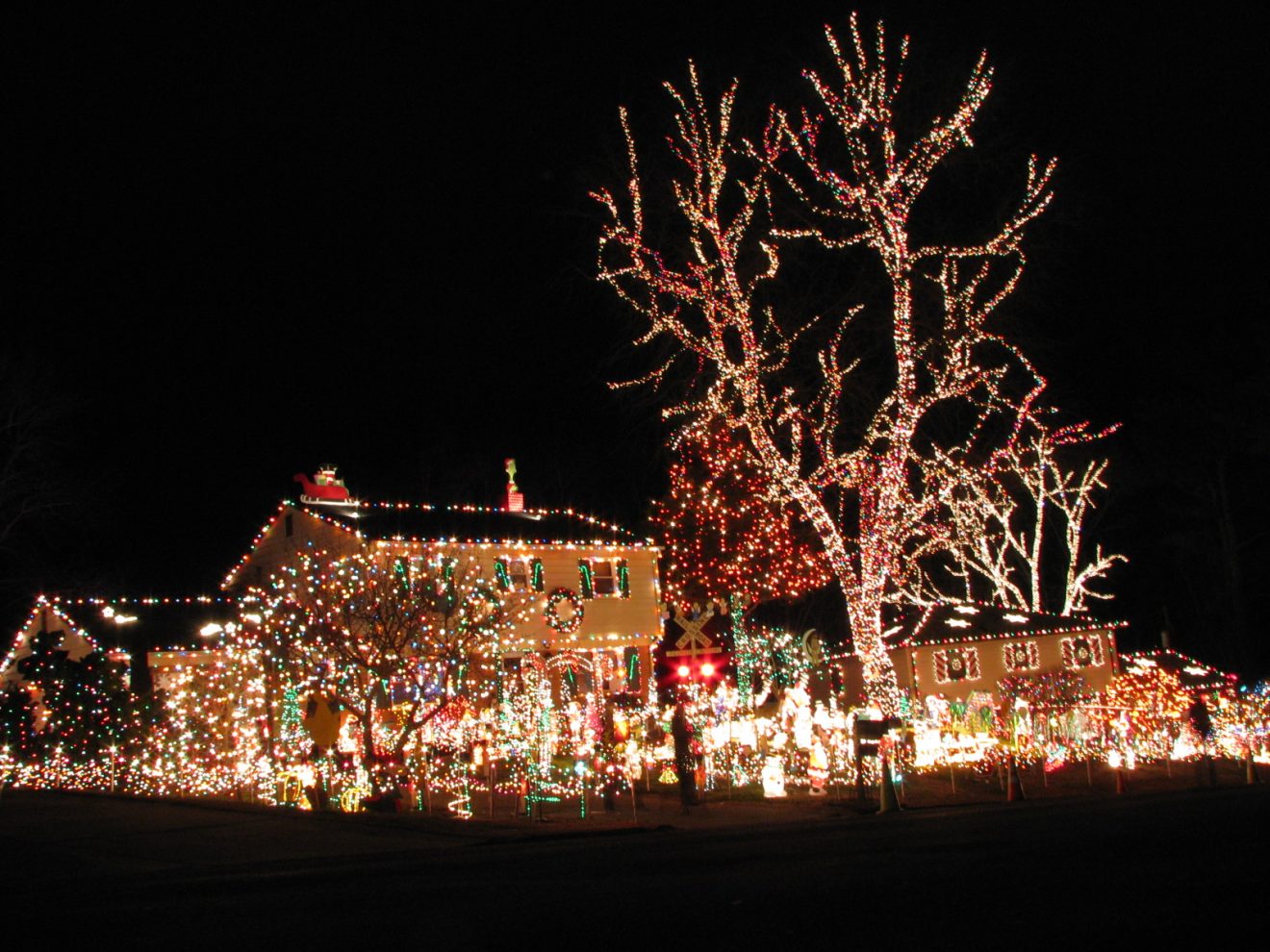
|
|
|
Christmas lights went up early this year
(not a whiff of snow, the pines immature)
to ward off nightmares with forced cheer.
|
Busy people had no time to face their fears
(whether they can be saved is unsure)
so Christmas lights went up early this year.
|
We wound up the day, tinkered with the gears
(how much autumn can we endure?)
to ward off nightmares with forced cheer.
|
Commerce had triumphed over art, it’s clear
(we explore the world via brochure)
so Christmas lights went up early this year.
|
We told our children lies as night drew near
(when the snow comes, it’s hardly pure)
to ward off nightmares with forced cheer.
|
At long last, that near-endless winter is here
whose sneer of cold we can’t obscure.
So Christmas lights will stay up late this year
to ward off nightmares with forced cheer.
|
|
|
|
|
|
|
|
The coming years will be hard. All is not lost. We will continue to believe in and work for a better tomorrow.
|
|
|
|
|
|
|